"The climate crisis is essentially an injustice."
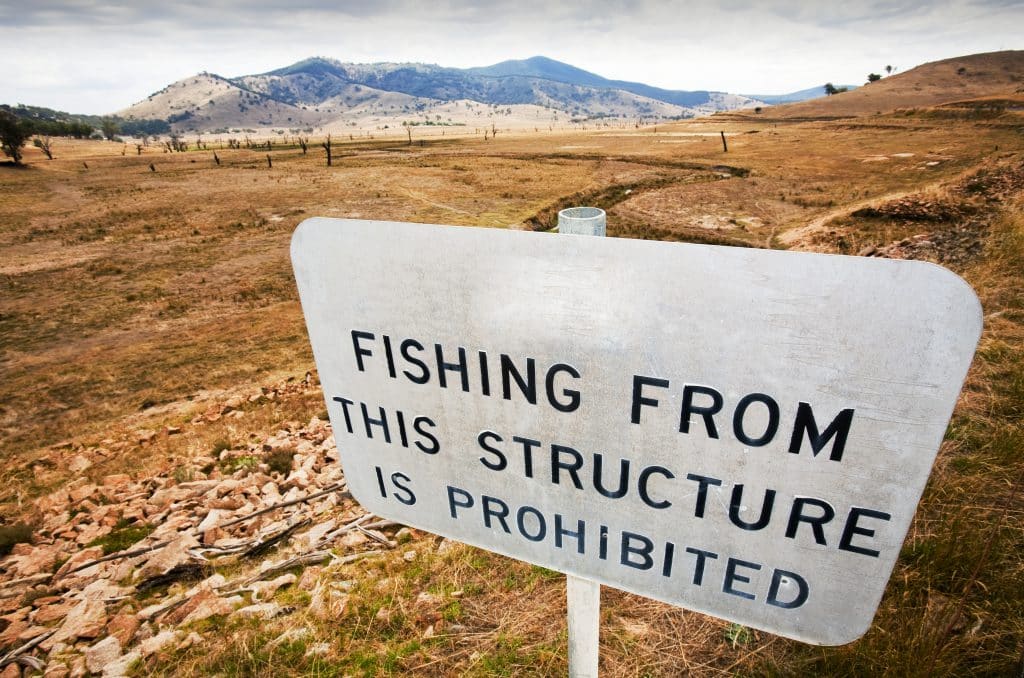
In the run-up to the publication of our report Climate Justice: African Perspectives, the FMS interviewed several activists, politicians and experts working on climate justice (climate justice). For what does climate justice mean to them? And how are they committed to it? The second in this series is Bertram Zagema, policy advisor and researcher at Oxfam Novib.
"It's time we stopped worrying so much about ourselves, and also looked around us."
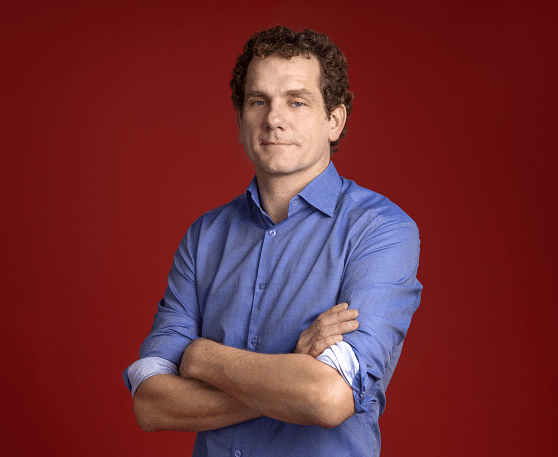
In the run-up to the publication of our report Climate Justice: African Perspectives, the FMS interviewed several activists, politicians and experts working on climate justice (climate justice). For what does climate justice mean to them? And how are they committed to it? The first interview in this series is with Joris Thijssen: Member of Parliament on behalf of the Labour Party (PvdA) and former director of Greenpeace.
Total(e) escalation in Mozambique
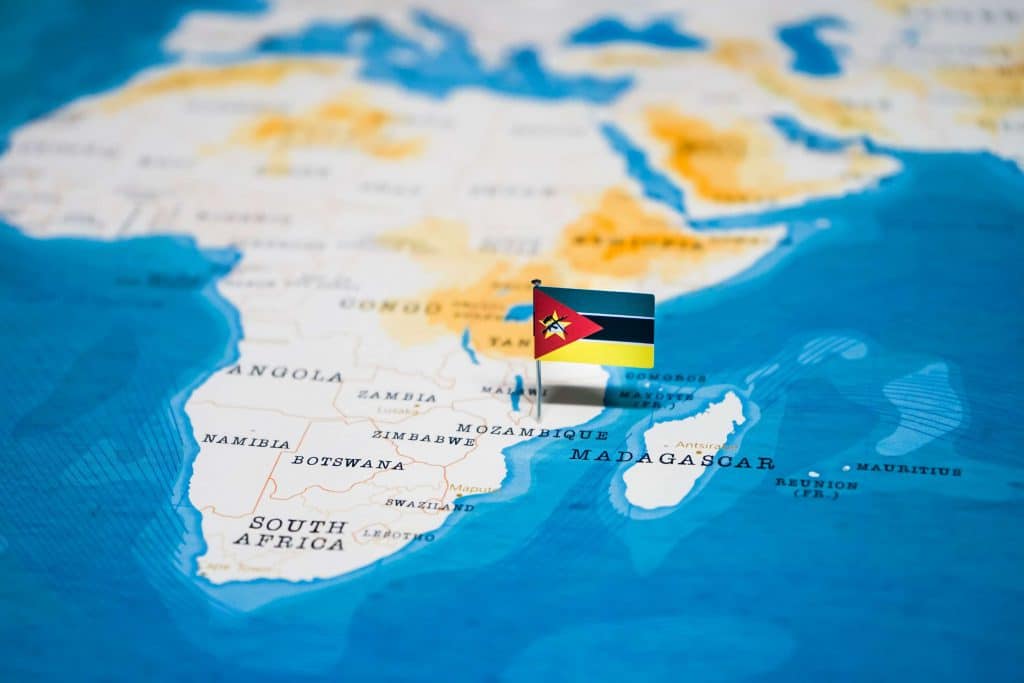
For three months now, many Mozambicans have been trapped in the northern province of Cabo Delgado. Since the militant attack on the important port city of Palma by Al-Shabaab on 24 March, which killed dozens, people have been stuck, without food with a constant threat of danger around them. Near Palma is Africa's second-largest lng conversion plant owned by French oil company Total. Since then, 20,000 people have set up camp near the company's fences. The Netherlands also has a link to this province. Through export credit insurer Atradius DSB, the Netherlands insures billions of euros from a Dutch company participating in gas extraction projects in Mozambique.
Letter to the informateur: International solidarity in the coalition agreement
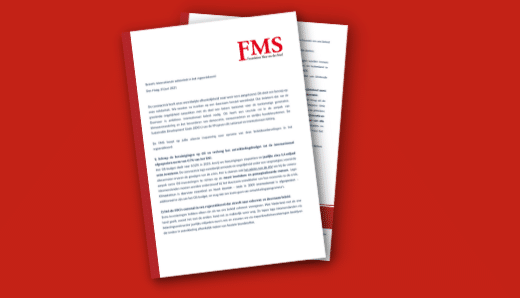
The Hague, 23 June 2021
The corona crisis has once again demonstrated our global dependency. This calls for our solidarity. We must now commit to a sustainable global recovery. That means tackling growing inequality with the aim of a better future for future generations. This requires ambitious international policies. OS has a crucial role in tackling climate change and promoting democracy, human rights and fair trade systems. The UN's Sustainable Development Goals (SDGs) guide this nationally and internationally.
'Lobby & Advocacy' intern: Jarne
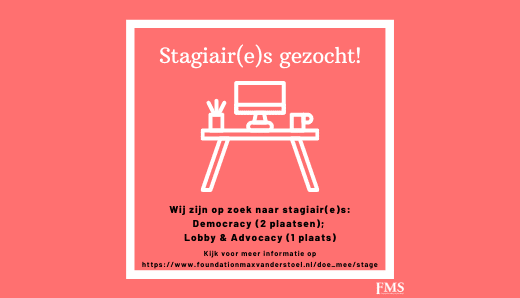
My name is Jarne van der Poel, and I am a 22-year-old master's student in Utrecht. While studying History of Politics and Society, I study the historical roots of today's political and social issues. The answer to those challenges is international solidarity and sustainable development - an answer we do not always see in current Dutch politics.
A minimum tax rate for businesses: is this G7 plan the right one?
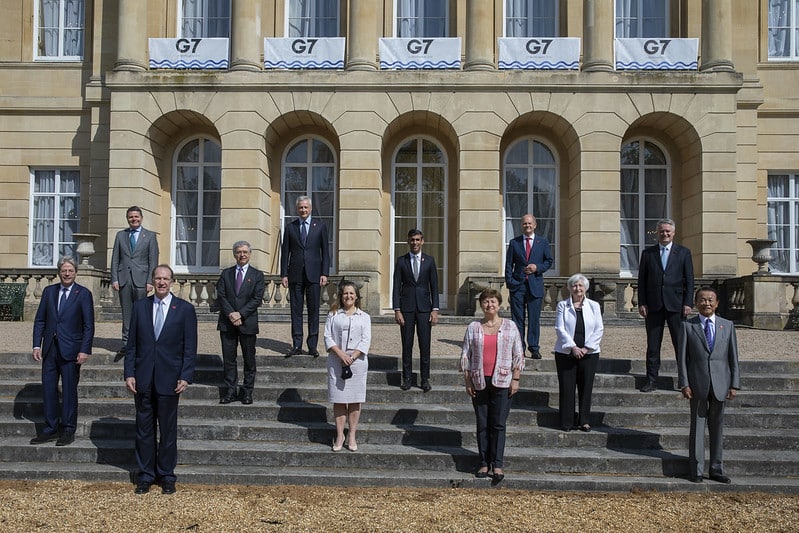
"A tipping point", "historic agreement", and a "sweeping overhaul of global tax system": last weekend, on 5 June, the finance ministers of the G7 countries reached an agreement on a minimum tax rate of 15% for companies. For years, the risk of a 'race to the bottom' has been lurking, with countries competing with ever lower taxes and ways to evade tax. All for a good business location climate for companies. Such a minimum tax rate is likely to stop this development. Yet not everyone is reacting positively to the agreement.
Critical SDG Spotlight report 'Beyond Boundlessness' well received
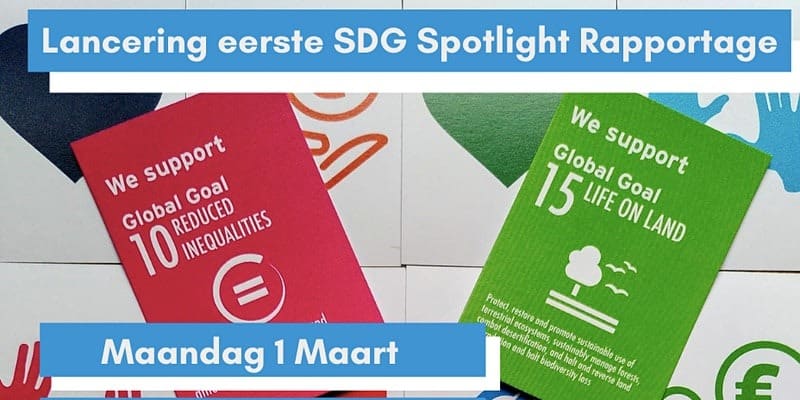
On 1 March, the (online) launch of the first Dutch SDG Spotlight report took place. In it, Dutch policy on SDG 10 (reduce inequality) and SDG 15 (life on land, biodiversity) are critically scrutinised. The results are downright uncomfortable. The frame that the Netherlands is 'doing well' with the SDGs is not correct.
Online climate summit in the Netherlands: biggest problem remains unsolved
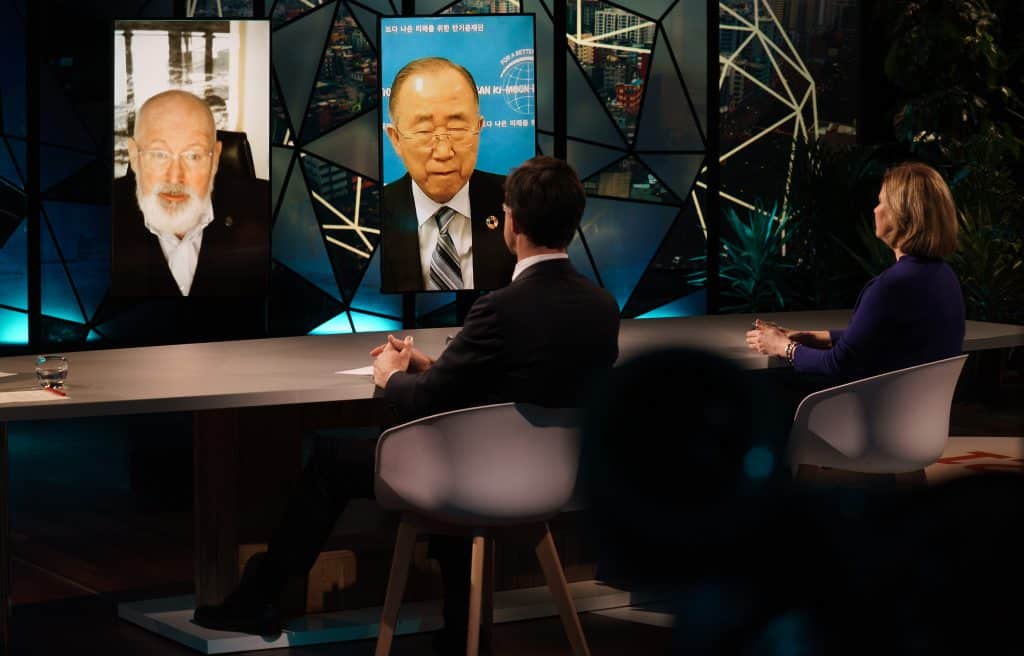
Last week, the Netherlands hosted the first ever Climate Adaptation Summit: a meeting with world leaders, companies and organisations on climate adaptation. Good steps were taken, but a critical look at results of the summit reveals that the biggest problem - climate finance - remains unsolved.
Climate justice: flooding in Beira, Mozambique
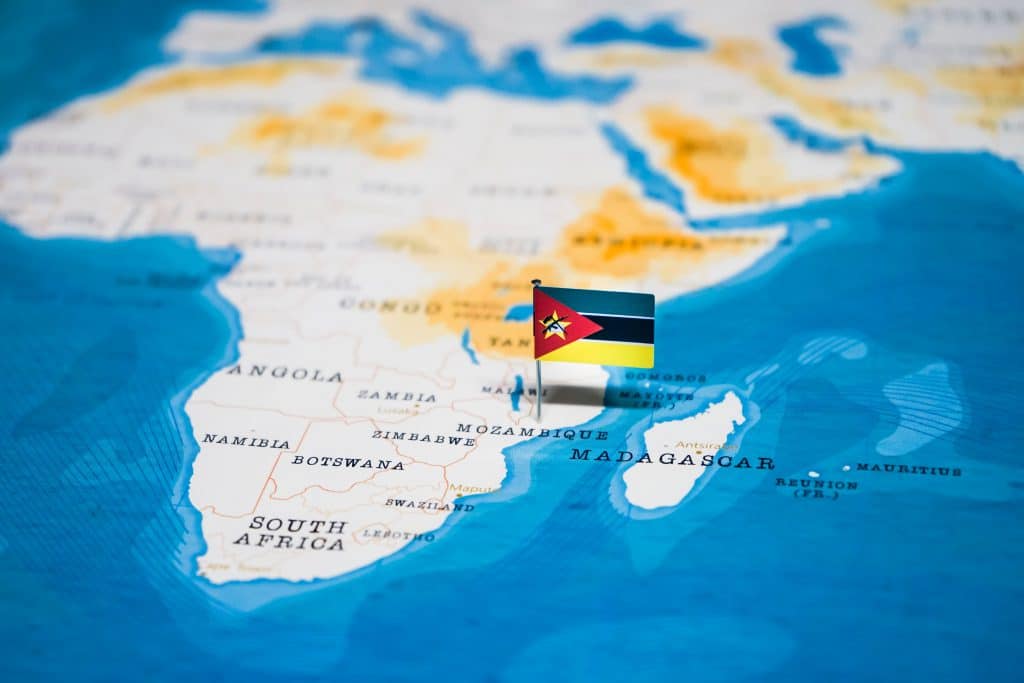
Beira, Mozambique's second-largest city, is only a few metres above sea level. Climate change and rising sea levels have made the city vulnerable to flooding and extreme weather. Consequently, in 2019, Beira was hit hard by Cyclone Idai. The cyclone destroyed and flooded large parts of the city.
How a bunch of simple questions can make Dutch politics more sustainable ánd fairer
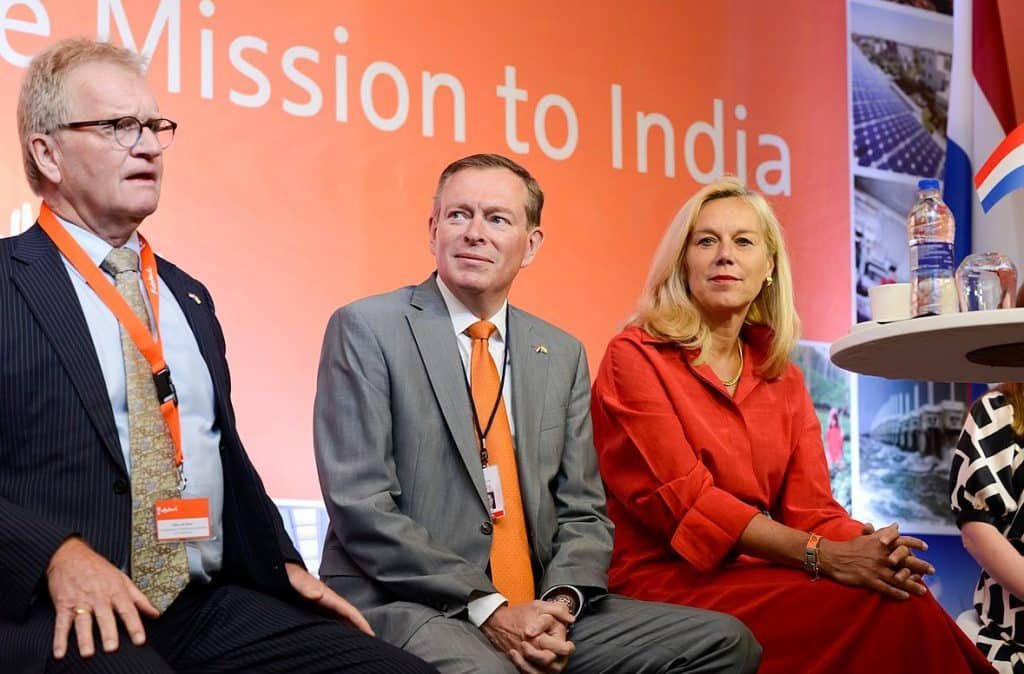
Properly implementing the SDG test in new Dutch policies and regulations is very simple and can have a huge positive impact on developing countries and gender equality. Yet 95% of relevant policies and regulations do not apply the test properly, such as the Invest International bill, which will be debated in the House of Representatives on Monday.

